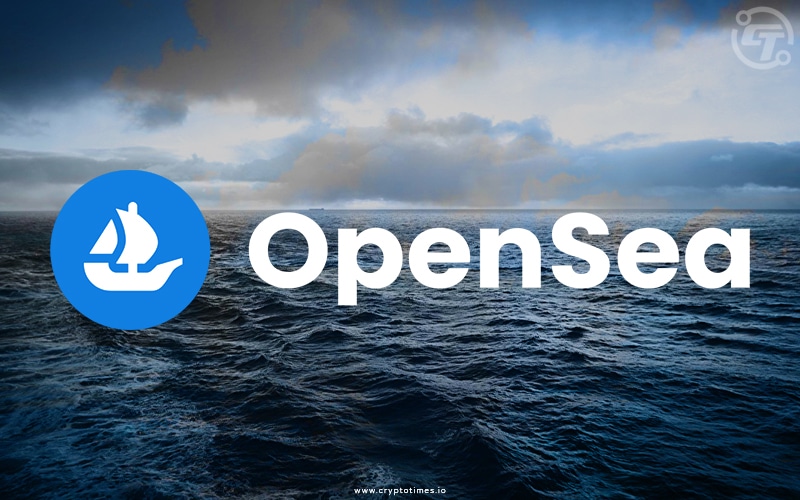Leading NFT marketplace OpenSea introduces two new NFT theft protection features to tackle NFT theft and scams, which are big issues in the NFT space.
According to the blog post, OpenSea launched a new system to proactively scan URLs shared on the NFT marketplace to help identify if they are malicious in nature.
This system scans URLs against a blocklist of malicious sites. The NFT marketplace will also mimic interactions and transactions with new URLs to identify malicious behaviors like signature farming and wallet-draining.
When utilising OpenSea, scammers who try to circulate fraudulent links will have their accounts suspended, their collections removed from the site, and their transfer requests denied.
Also Read: OpenSea NFT Gifting Feature Poses Threats of NFT Scams
Another new system being tested by OpenSea now aims to stop additional resales of items believed to have been stolen through real-time NFT theft detection.
After a brief pilot phase, the team will train the system to detect theft more accurately in the coming months.
The item is now automatically marked as “under review” with a yellow warning icon when the new system detects a possible theft or suspect transfer, the item’s resale through OpenSea is disabled, and the former owner is notified via email.
Those users can get in touch with the OpenSea team later to determine whether their NFT was actually stolen and submit a police report to permanently disable it on OpenSea or they can inform OpenSea that the transfer was actually valid.
Resales of the item will be unfrozen in those circumstances. After seven days, they will re-enable resales if we don’t hear back from the affected user.
“Ultimately, the goal of this work is to help make the ecosystem safer by reducing the downstream sales of stolen items – both using OpenSea and elsewhere in the NFT ecosystem – and thus reduce the incentive for NFT theft in the first place,” the blog post notes.
In order to create comprehensive systems for fraud identification and prevention, OpenSea is also closely collaborating with various marketplaces, wallet providers, analytics companies, and other parties.
Also Read: OpenSea Launches Security Feature to Hide Suspicious NFT Transfers






